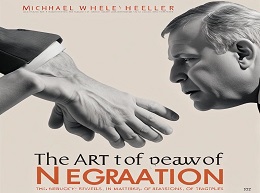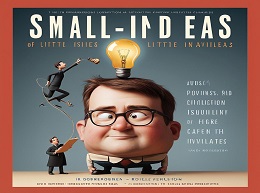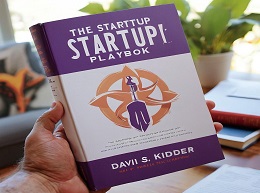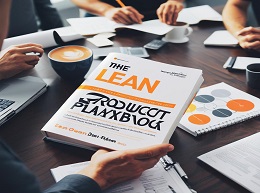The Wisdom of Crowds
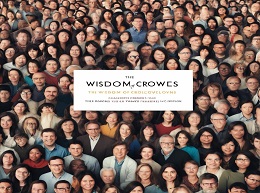
"The Wisdom of Crowds" challenges conventional wisdom by demonstrating how diverse groups can collectively make better decisions than even the smartest individuals. This review explores the book's key concepts, supported by examples from various fields, to showcase the power of collective intelligence.
The Power of Diverse Perspectives:
Surowiecki argues that diverse groups of people, when aggregated, can often outperform experts in making accurate predictions and solving complex problems.
Example:
In 1906, British scientist Francis Galton conducted an experiment where he asked attendees to guess the weight of a butchered ox. While individual guesses varied widely, the average of all guesses was remarkably close to the actual weight, demonstrating the wisdom of crowds.
Conditions for Collective Wisdom:
The book identifies four key conditions necessary for a crowd to be collectively wise: diversity of opinion, independence of members, decentralization, and a method for aggregating opinions.
Example:
Online prediction markets like PredictIt allow individuals to buy and sell shares based on their predictions of future events, harnessing the collective wisdom of a diverse group of participants to generate accurate forecasts.
Applications in Business and Innovation:
"The Wisdom of Crowds" explores how businesses can leverage collective intelligence to improve decision-making, innovate more effectively, and engage customers in co-creation.
Example:
LEGO Ideas platform allows fans to submit ideas for new LEGO sets, with proposals voted on by the community. Successful ideas are then produced as official LEGO products, demonstrating how crowdsourcing can drive innovation.
Potential Pitfalls and Limitations:
While collective intelligence has its advantages, the book also highlights potential pitfalls such as groupthink, herding behavior, and the influence of dominant personalities.
Example:
The 2008 financial crisis exposed how groupthink and herd behavior among investors led to the widespread belief in the stability of mortgage-backed securities, contributing to the collapse of financial markets.
Implications for Decision-Making and Governance:
Understanding the principles of collective intelligence can inform better decision-making processes in organizations, governments, and societies.
Example:
Wikipedia's model of collaborative editing demonstrates how decentralized, crowd-sourced information can be collectively curated to create a comprehensive and reliable knowledge base.
"The Wisdom of Crowds" offers valuable insights into the power of collective intelligence and its implications for decision-making, innovation, and governance. By embracing diversity of opinion and leveraging the wisdom of crowds, organizations can unlock new opportunities and tackle complex challenges more effectively.





